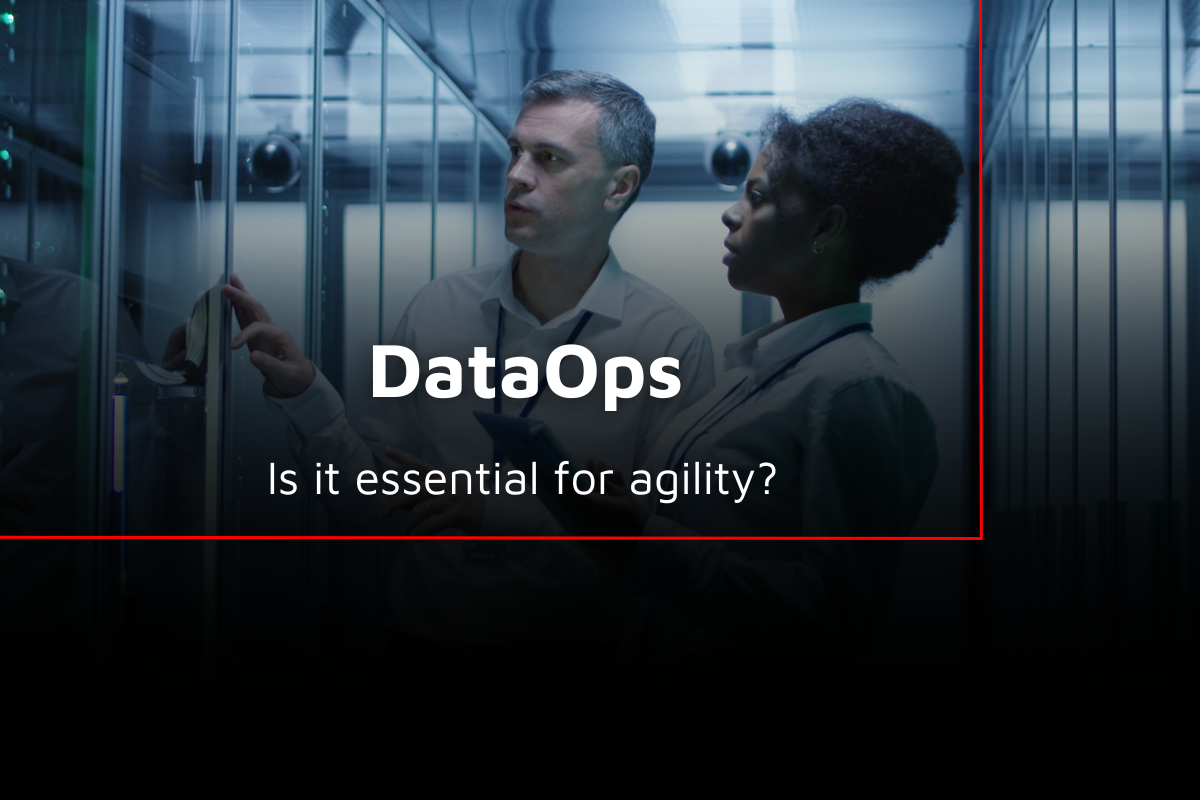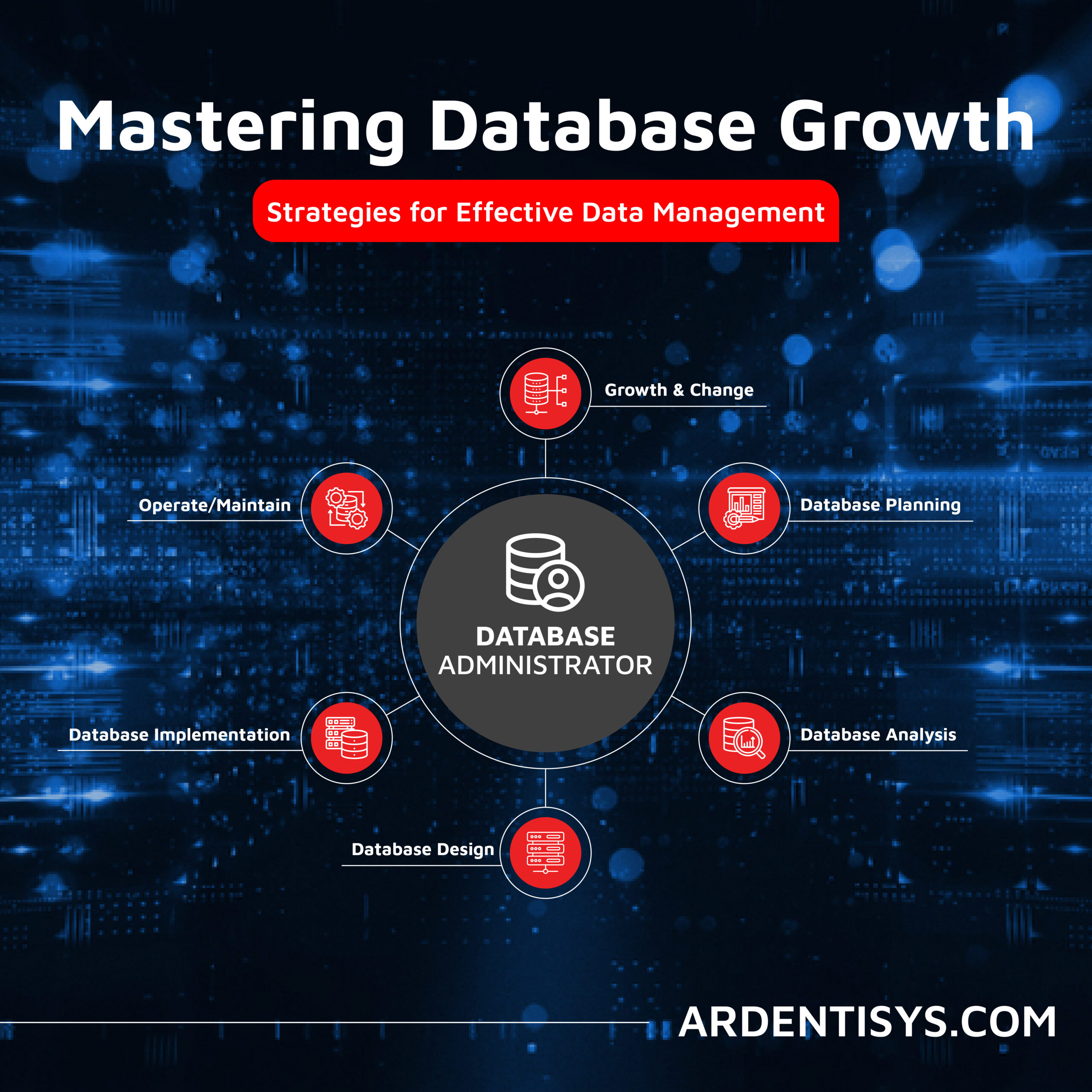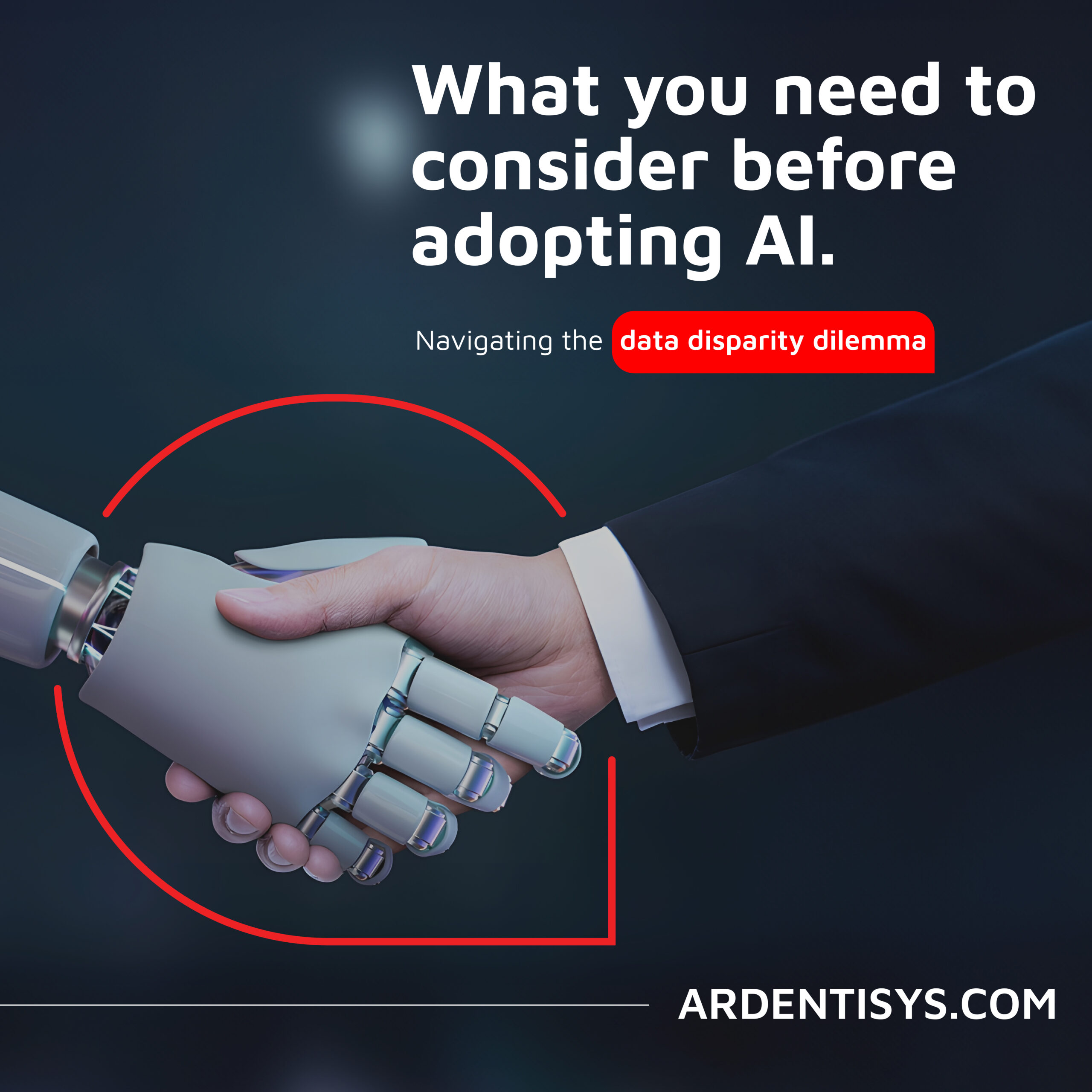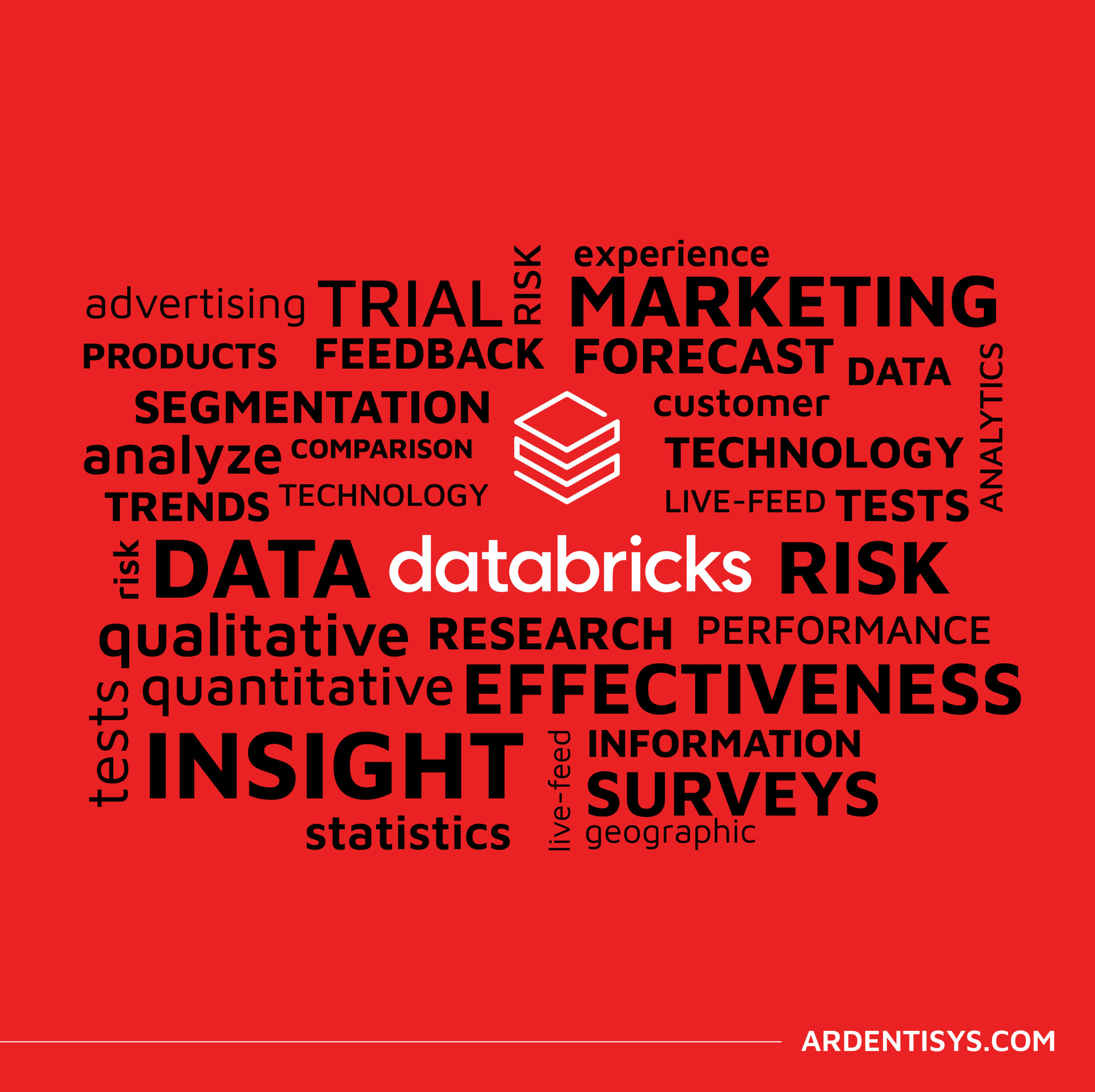How to implement DataOps for increased agility
16 March 2023 | Noor Khan

With the increasing need for real-time and predictive data analytics, DataOps is one of the key trends in Data Engineering in 2023. In this article we will cover how you can implement DataOps for increased agility, moving away from traditional, rigid practices.
What is DataOps?
Adopting the methods originated from Agile software development and DevOps, DataOps is a collection of practices, processes, tools and technologies used for data management, monitoring and operations. The approach focuses on improving efficiencies, speeding up data turnaround and reducing overall costs with automation, collaboration and communication at its core. There are invaluable benefits to be gained, however, it can be challenging to implement which we will discuss with tips on how to overcome them.
The principles of DataOps
As DataOps has derived from DevOps, there are some core principles which are at the foundation of the practice and they include the following:
- Provide highly satisfactory service to clients continuously and consistently with a priority on a reliable and swift data turnaround.
- Collaboration with daily communications with teams and stakeholders.
- Embrace the evolution of customer demands and requirements with a customer-centric approach by investing in continuous investment and learning of new technologies.
- Reflect and optimise with a focus on continuous improvement of processes, systems and tools.
- Adopt automation to drive efficiencies across all data operations.
Key benefits of DataOps
There are multiple benefits of DataOps and they include:
- Unified data – Data spread across disparate cloud sources can be accessed via dedicated APIs, removing the need to move the data.
- Faster access to data analytics – With the need for quick access and insights into data as the driving factor for the DataOps methodology, it is a core principle
- Democratization of data – Another key trend for data engineering in 2023, DataOps supports the democratization of data
- Facilitates collaboration – To remove inefficiencies and streamline data processes for a faster turnaround on data with collaboration across data teams.
- Automation – With automated processes involved in data ingestion, warehousing and processes. This enables businesses can benefit from saving time and resources, consequently saving on costs. Additionally, room for human error is mitigated.
- Improve data governance – Many organisations still find it a challenge to implement robust data governance practices to protect their data. With automation, data governance processes can be automated across the entire pipeline to improve security.
Challenges with implementing DataOps and how to overcome them
There may be many barriers to implementing DataOps, below we will cover them and how you can overcome them:
- Resistance to change – DataOps requires a mindset and culture shift, this will more than likely be met with resistance from all levels. This can be overcome with the focus on the prime benefits which save costs and resources across the business and increase efficiencies to alleviate manual tasks such as managing data pipelines.
- Technical investment – DataOps will require investment in integration technologies such as Data form which provides a framework to manage a variety of data warehousing technologies including the likes of Amazon Redshift, Snowflake and Google Big Query. To overcome them, you may consider outsourcing DataOps to avoid licensing fees for technologies not already within your tech stack.
- Finding the place to start – DataOps can be challenging to implement because it can be difficult to establish a starting point. To get started effectively, organisations need to reflect on their goals and ambitions when it comes to data. Then pilot DataOps in a specific area, measure success and then deploy slowly across all data areas.
- Understanding DataOps – DataOps is still a relatively new methodology which has been around since 2014. However, it’s still not a common practice with only around 41% of organisations successfully implementing according to Immuta.
Implement DataOps with Ardent
At Ardent, we have inhabited some of the core principles of DataOps including automation and communication. We work with our clients in collaboration to improve and optimise their data on an ongoing basis. If you are looking to:
- Improve your data infrastructure
- Optimise your data performance
- Implement robust data governance
We can help. Our leading data engineers can come on board to help you unlock the potential of your data. Get in touch to find out more, or explore our managed services.
Explore how our clients are succeeding with their data:
- Ensuring data availability with expert operational monitoring and support
- Improving data turnaround by 80% with Databricks
Ardent Insights

Overcoming Data Administration Challenges and Strategies for Effective Data Management
Businesses face significant challenges to continuously manage and optimise their databases, extract valuable information from them, and then to share and report the insights gained from ongoing analysis of the data. As data continues to grow exponentially, they must address key issues to unlock the full potential of their data asset across the whole business. [...]
Read More... from How to implement DataOps for increased agility

Are you considering AI adoption? We summarise our learnings, do’s and don’ts from our engagements with leading clients.
How Ardent can help you prepare your data for AI success Data is at the core of any business striving to adopt AI. It has become the lifeblood of enterprises, powering insights and innovations that drive better decision making and competitive advantages. As the amount of data generated proliferates across many sectors, the allure of [...]
Read More... from How to implement DataOps for increased agility

Why the Market Research sector is taking note of Databricks Data Lakehouse.
Overcoming Market Research Challenges For Market Research agencies, Organisations and Brands exploring insights across markets and customers, the traditional research model of bidding for a blend of large-scale qualitative and quantitative data collection processes is losing appeal to a more value-driven, granular, real-time targeted approach to understanding consumer behaviour, more regular insights engagement and more [...]
Read More... from How to implement DataOps for increased agility






